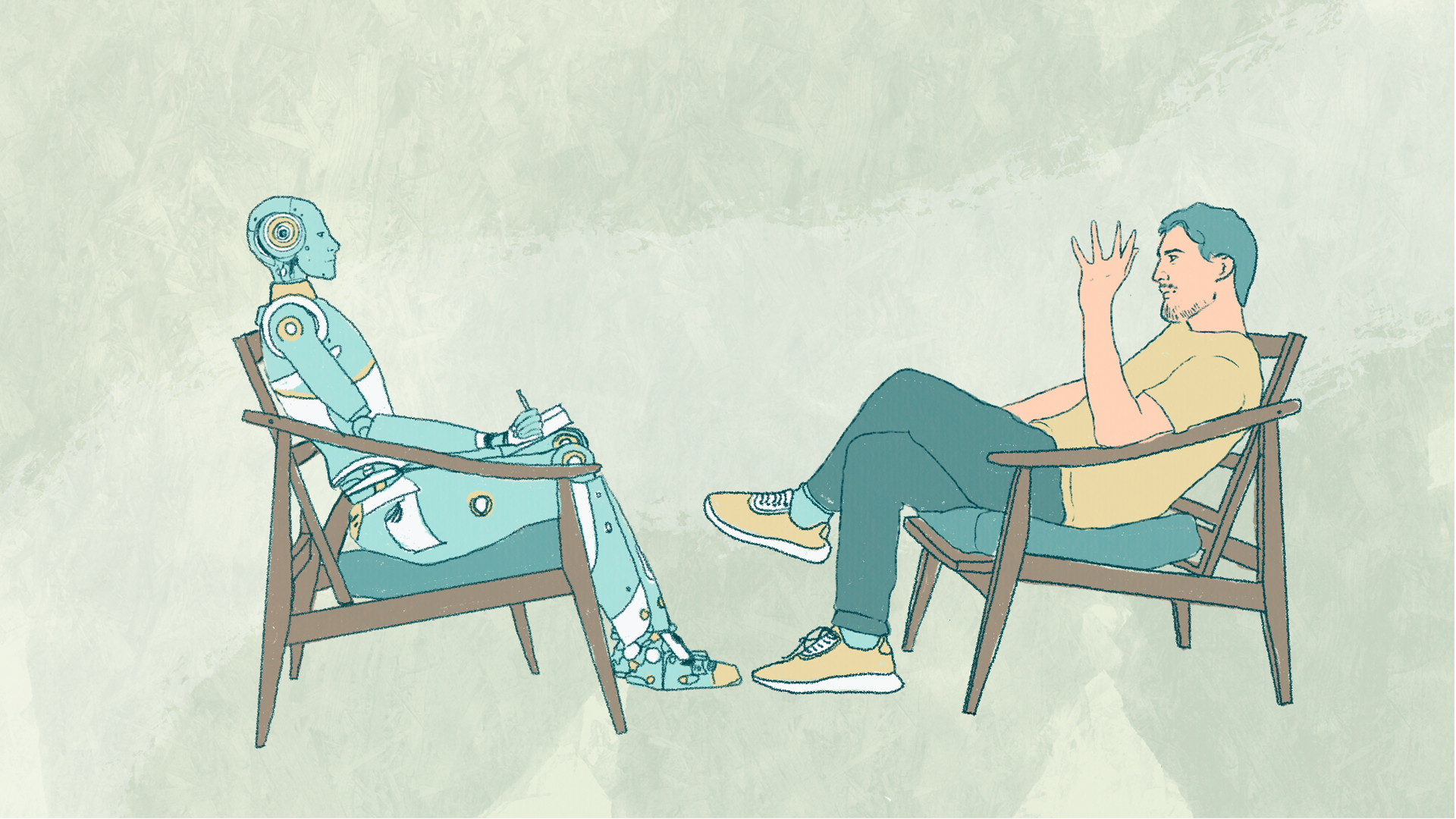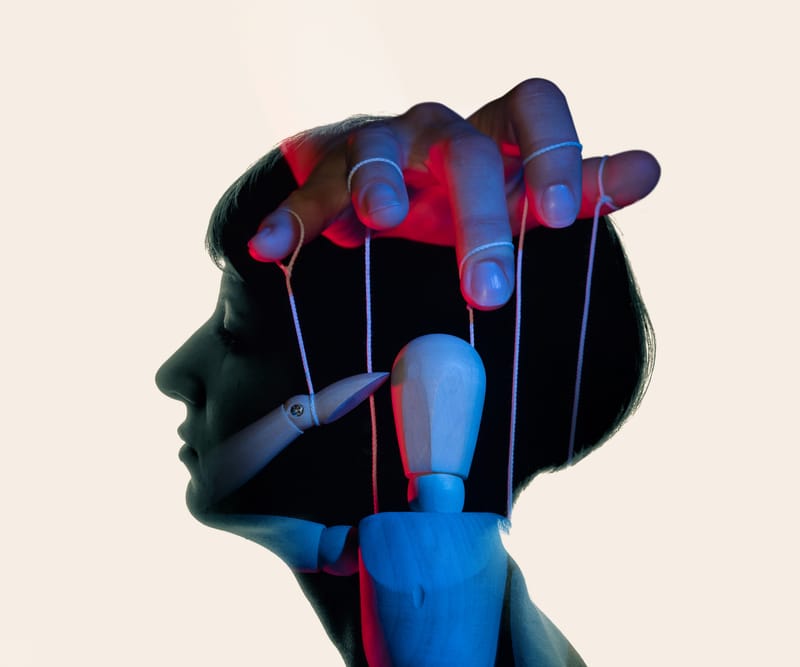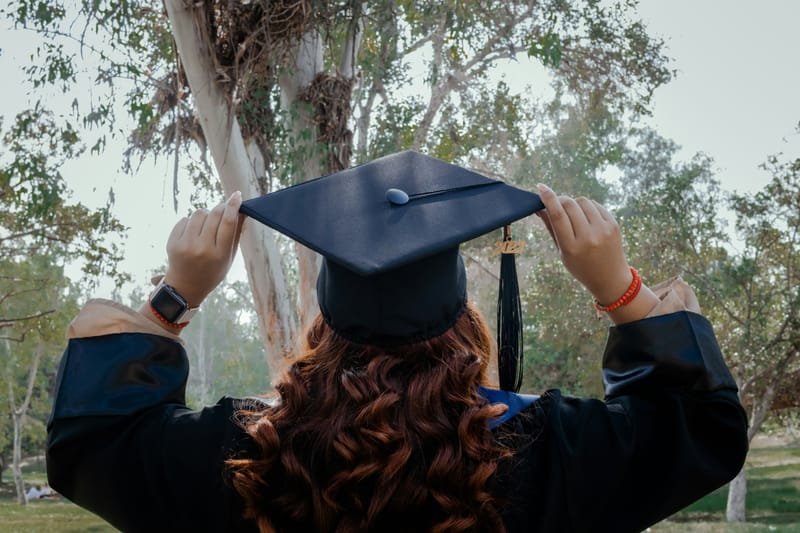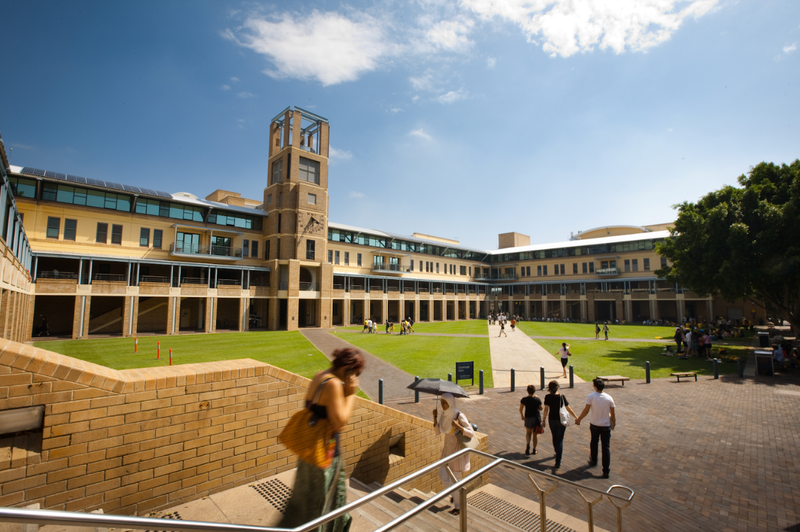Chatbot to promote mental wellbeing for students
An Australian-first chatbot is being trialled at high schools in Victoria to assist students struggling with poor mental health.

BY ISAAC CHONG
An Australian-first chatbot is being trialled at high schools in Victoria to promote psychoeducational and wellbeing support to students struggling with poor mental health.
Developed by Dr Christine Grove, a Senior Lecturer in Educational Psychology and Inclusive Education at Monash University, the chatbot named Ash aims to provide students with educational resources and tips to better cope with the challenges of being a teen.
Although Ash does not replace traditional forms of therapy, Dr Grove hopes it will provide struggling students with the necessary information and support to deal with everyday stressors.
“[Ash] provides correct educational information about positive ways to cope, rather than [students] turning to self-harm,” Dr Grove said.

The chatbot is able to recognise if a student is presenting self-harming tendencies at which point it will redirect them towards a third-party mental health resource.
“It will trigger an alarm and it will give a referral to Headspace, Lifeline or [the student’s] primary contact,” Dr Grove said.
While Ash offers the same level of privacy protection as an email account, the schools that use Ash will be notified when a student might need extra support.
“The only people who have access to the raw data will be researchers and the wellbeing team, which includes the school psychologist or the wellbeing coordinator,” Dr Grove said.
Dr Grove hopes Ash can provide support while individuals await mental health professionals.
“This chatbot will be a very great tool to give people on the waitlist psychological support so at least they can have evidence-based resources before there might be a condition,” she said.

Quinnie Mak, an early childhood teacher at Doncaster Early Learning Child Care agreed Ash could be helpful in assisting students with their mental health issues.
Ms Mak said, although teachers dedicate their time to helping students better express themselves from an early age, the chatbot can offer an alternate solution.
“[Ash] will be useful to [high school students] because as they grow up they become less expressive to teachers," she said.
"It gives students an alternative route to express their stress and concerns.
“When you don’t feel like talking to anyone, this is an option you can go for.”
While positive feedback remains prominent during the trials of the new chatbot, Monash University Bachelor of Arts student Yumi Ogawa remains sceptical about the lack of empathy involved in the process of using an online tool.
“I’m not sure how much it’ll be helpful for me, because I’d personally feel less empathy from it, but I’ll give it a go,” Ms Ogawa said.
However, Ms Ogawa acknowledged the chatbot could make up for this in other ways.
“[Ash] could have less empathy than humans but it would have better knowledge on the resources available,” she said.
Ms Ogawa said although she would rather talk to her family and friends when she is mentally struggling, she acknowledges those she turns to for support may not always provide the right tools or resources to help her to cope.
"Talking to friends and family about mental health is helpful but [they] don’t always give [us] the right information, so perhaps a chatbot will be better at leading us to the right resources,” she said.





